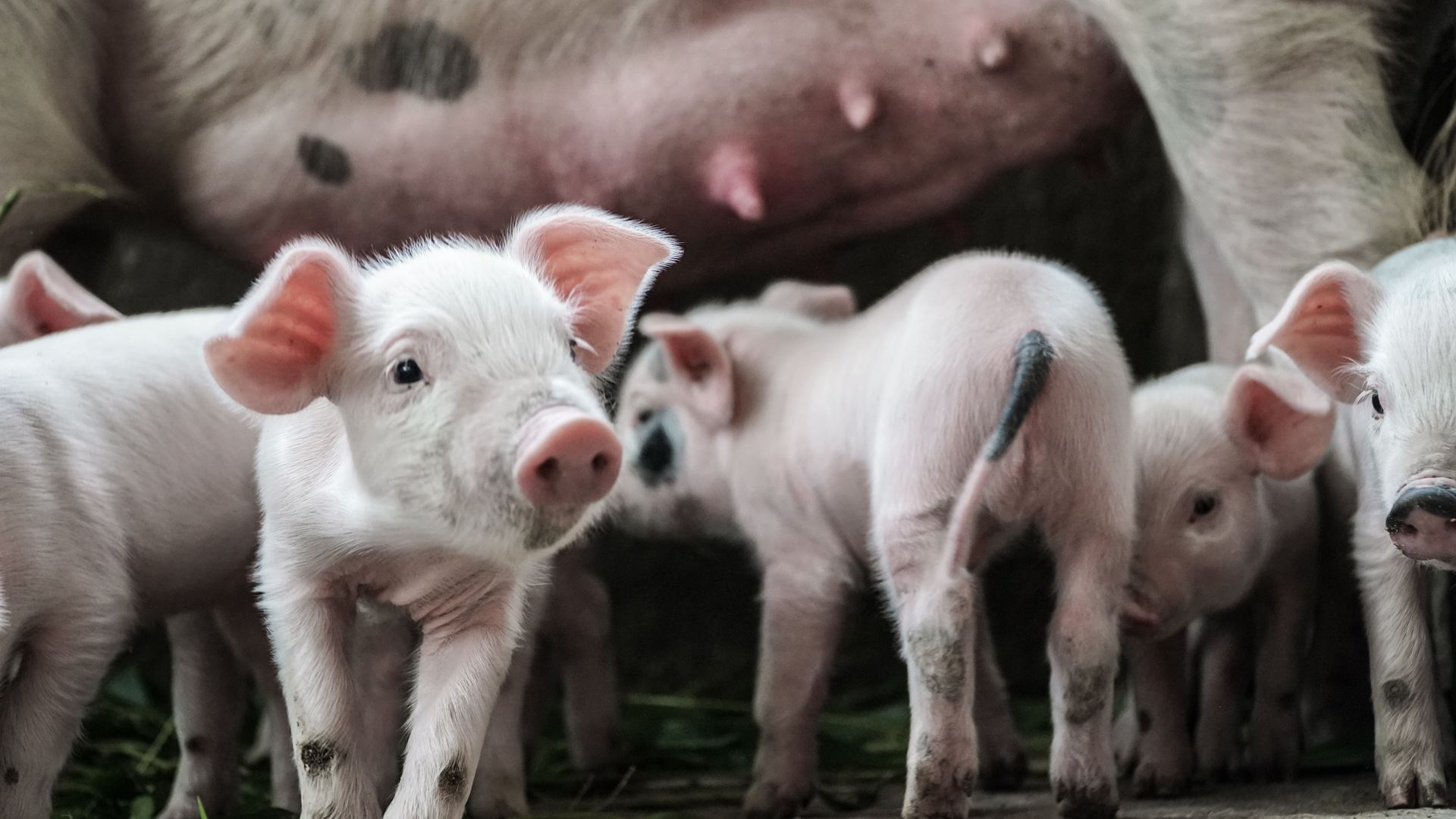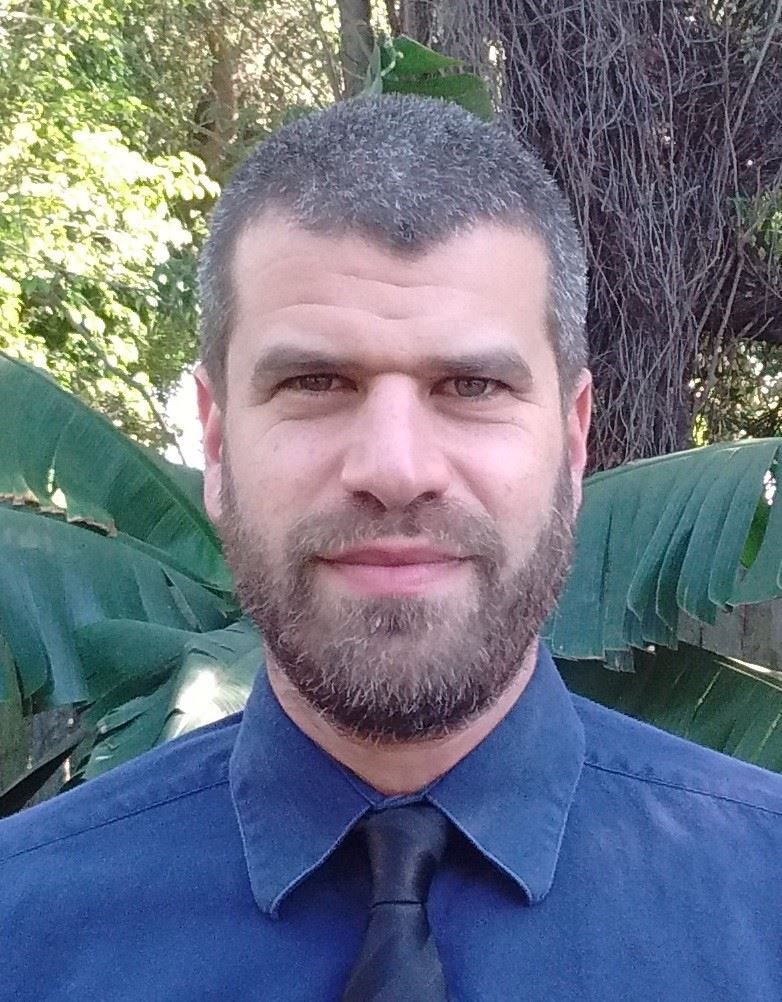
Follow Up: September Florida Food Forum
Animal Welfare
If you were unable to attend the meeting, the full presentation is available online here. You can also view the presentation in this pdf.
To keep the conversation going, please visit our forum on Animal Welfare to add your thoughts and comments.
On Friday, September 27th guest speaker James Wildman presented on the topic of Animal Welfare.
James began his presentation by discussing the Gestation Crate Ban, which was first passed in 2002 and officially took effect on November 5, 2008.
The ban reads as such: “Inhumane treatment of animals is a concern of Florida citizens. The people of the State of Florida hereby limit the cruel and inhumane confinement of pigs during pregnancy as provided herein. (a) It shall be unlawful for any person to confine a pig during pregnancy in an enclosure, or to tether a pig during pregnancy, on a farm in such a way that she is prevented from turning around freely.” – Constitution of the State of Florida, Article X, Section 21.
James went on to discuss resolutions that would condemn and restrict “battery cage egg production” in certain cities across Florida in 2007. He also introduced the 2011 bill SB 1636, which although failed, would have prohibited tethering or confining of hens and calves in a specified manner.
Along with egg-production, dairy and cattle farming are some of Florida’s largest animal industries. Yet, in 2018, James noted how, “undercover videos of the horrific mistreatment of two dairy farm workers led to public outcry and led to Public Supermarkets to suspend deliveries of milk from the farms.”
In fact, he said, “over the past decade the animal-agriculture industry has been behind the introduction of ‘ag-gag’ bills in more than half of all state legislatures across the country. These bills are designed to silence whistleblowers revealing animal abuses on industrial farms.”
In Florida, ag-gag bill SB 1184 was introduced by Senator Jim Norman in 2012. According to the bill, “A person may not knowingly enter upon any nonpublic area of a farm and, without the prior written consent of the farm’s owner or the owner’s authorized representative, operate the audio or video recording function of any device with the intent of recording sound or images of the farm or farm operation.”
Although the bill was rejected in both the House and the Senate, James points out how ag-gag laws can the negative aspects of these laws, “Ag-gag laws pose a threat to a wide spectrum of values and issues Americans care about. It’s not just animal rights activists who oppose Ag-gag laws. Besides, animal welfare ag-gag laws threaten: food safety, marketplace transparency, workers’ rights, free speech and environmental protection.”
James continues his presentation touching on other topics such as the growing alternative dairy industry and plant-based foods market. With these new foods have also come proposed bills restricting the use of certain words such as: meat, beef, burger, sausage, and jerky, unless the product came from animals born, raised and slaughtered in a traditional way.
As interest in plant-based foods increases a number of restaurants have added these items to their menus. James touched on the positive health benefits of this shift. Following the presentation was a lively discussion.

James Wildman is the Humane Educator for the Animal Rights Foundation of Florida (ARFF). Since 2007, James has given over five thousand presentations at over a hundred different schools and universities in South Florida, teaching respect and compassion for animals and the environments we share. These presentations have reached over a hundred thousand people, empowering youth and adults to live a healthier and more compassionate lifestyle. In 2017, James was featured in the documentary "Food ReLOVution." James has worked with youth for over 20 years, and in 2006, he obtained a master's degree in Humane Education.
Disclaimer: The views of the presenters do not represent the views of the Florida Food Policy Council. We are a forum for the offering and sharing of information and encourage diversity and communication within the food system.